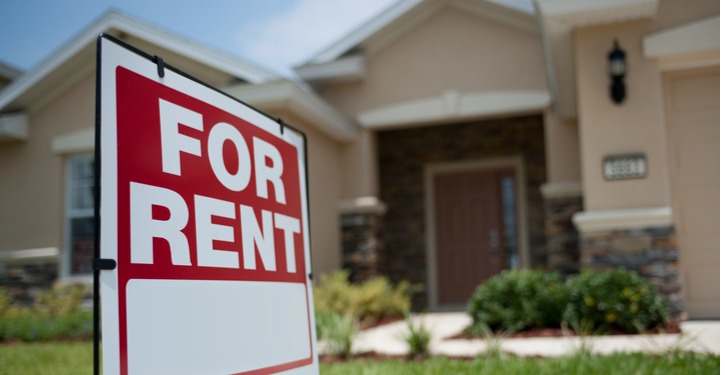Amidst the recent housing boom, many homebuyers felt the squeeze of limited inventory, forcing them to compromise on priorities and engage in competitive bidding that often pushed the cost of a home well above the asking price. In fact, between 2021 and early 2022, one in three homebuyers said they spent too much money on their homes.
While owning a home is and will remain a great investment, some financial advisors are suggesting that renting may be a better option for certain people in certain circumstances. Owning a home isn’t the only way to build equity, and with recent challenges creating a complex housing market for buyers, renters can make other investments if buying property doesn’t make currently make sense for them.
If you’re considering selling your home to cash out and wait for the market to cool down, or if you’re a renter and plan to continue to rent, be sure to talk to Westwood about renters insurance to find the right coverage at the right price.
Build equity with more flexibility
Owning your own home gives you just that: ownership. You’re building equity in your physical property, but the purchase of a house can come with extra expenses, such as property taxes, upkeep costs, and repair bills. However, many homeowners can justify the expense with the benefit of equity. The idea is that once you own the home, and if property values increase, you’ll earn a return on the money you invested in purchasing your home.
From that perspective, the argument against renting is often based on the fact that a lease isn’t a mortgage. A tenant is never going to own the property or build equity. On the other hand, a tenant isn’t responsible for many of the same expenses as a homeowner. Repairs and property taxes are not your responsibility if you’re renting.
For the equity question, financial advisors suggest renters can build returns on their money by investing the money that would have been used for a down payment, property tax, repairs, and closing costs. Your money would be your own to put into a brokerage account and grow over time, or you could invest in equities or other investments. This allows you to build wealth and financial security for the future that’s not necessarily tied to a 30-year mortgage.
Go where the road—or life—leads you
Many people who choose to rent do so for the freedom it offers, and lots of financial advisors encourage this for clients that value the flexibility to easily relocate. Selling a home comes with some risk. Buying a home, like any investment, is also a bit of a risk, and if the market declines or a costly repair digs into your home’s equity, selling your home may not leave you in the best financial spot.
On the other hand, renting sets defined terms that you can determine based on what makes sense for your situation. Some financial advisors help their clients create plans around their goals, such as setting out plans for when they’d like to move into a larger place, relocate to the suburbs to start a family, return to their hometown to be near aging parents, or downsize when they retire.
If you’re not planning on living in one place for a long time, you can find a lease that offers short-term options in a location that suits your needs, and breaking a lease is much easier than selling a house. Renting might be your best bet if you enjoy a frequent change of scenery or have marked “willing to relocate” on all your job applications.
Protect what matters most
Whether you rent or you own your home, you want to protect what matters most to you, such as with a homeowners policy that can help protect your tangible investment. Renters insurance offers similar protection, which means peace of mind and the ability to protect yourself and your assets while you continue to build your financial independence.
Renters insurance extends coverage to your belongings, which are typically not covered by your landlord’s policy. Consider all your furniture, clothes, and electronics and what it would cost to replace them. If your rental home or apartment is damaged and uninhabitable, your policy may cover additional expenses you incur while living elsewhere while repairs are made.
Liability coverage is another great reason to consider renters insurance. Accidents can happen, like a guest being hurt while visiting. In that case, your renters insurance policy can cover medical expenses for your guests and can help protect you and your assets if the event leads to lawsuits or other claims.
To rent or to own?
Some financial advisors might be touting the merits of renting in light of an ultra-competitive housing market giving way to high interest rates. However, deciding which option is best for you will come down to your circumstances and what makes sense for your future plans.
Westwood is here to help. Whether you’re a homeowner or have chosen to rent, talk to Westwood to be sure you’ve got the right policy at the right price.
Please Note: This article is for general informational and educational purposes only. It does not represent any specific insurance policy and does not modify any provisions, limitations, or exclusions of any current policy.





